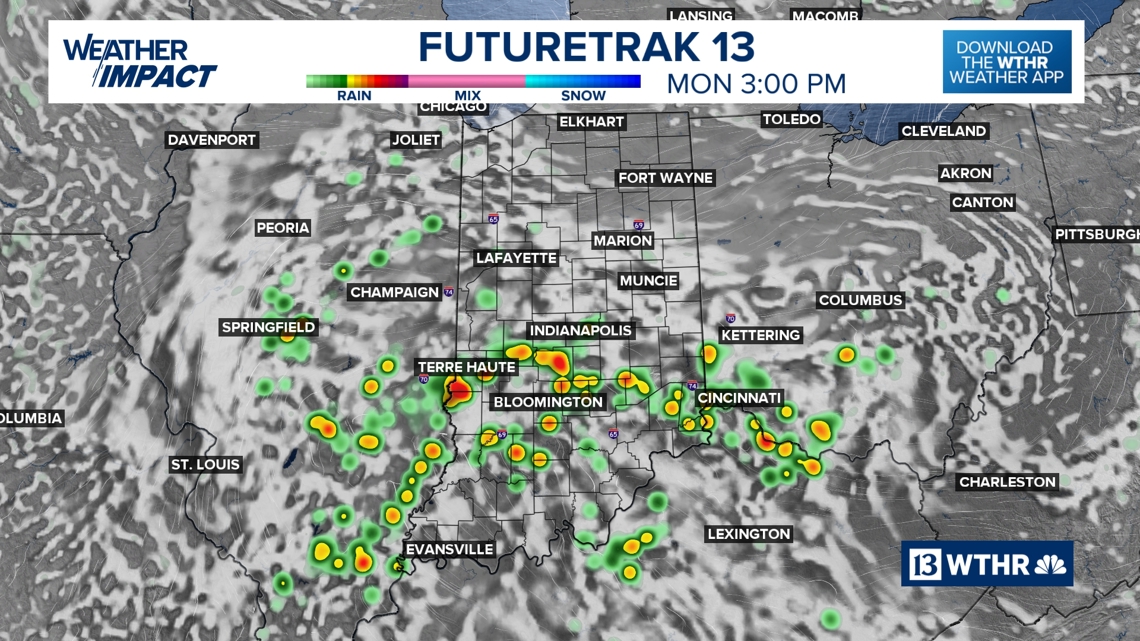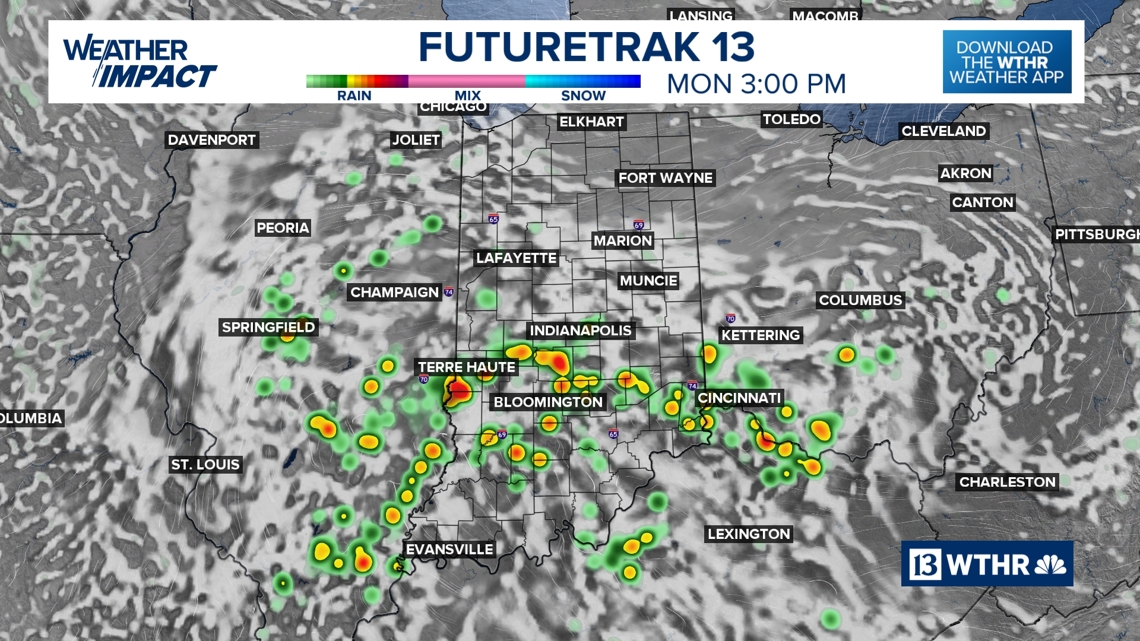Wildfire Smoke And Your Health: A Guide To Minimizing Exposure

Welcome to your ultimate source for breaking news, trending updates, and in-depth stories from around the world. Whether it's politics, technology, entertainment, sports, or lifestyle, we bring you real-time updates that keep you informed and ahead of the curve.
Our team works tirelessly to ensure you never miss a moment. From the latest developments in global events to the most talked-about topics on social media, our news platform is designed to deliver accurate and timely information, all in one place.
Stay in the know and join thousands of readers who trust us for reliable, up-to-date content. Explore our expertly curated articles and dive deeper into the stories that matter to you. Visit Best Website now and be part of the conversation. Don't miss out on the headlines that shape our world!
Table of Contents
Wildfire Smoke and Your Health: A Guide to Minimizing Exposure
Wildfires are becoming increasingly common and intense, blanketing vast areas with hazardous smoke that poses significant threats to public health. Breathing wildfire smoke can severely impact your respiratory system and overall well-being, regardless of your age or health status. This comprehensive guide will equip you with the knowledge and strategies to minimize your exposure and protect yourself and your family during wildfire smoke events.
Understanding the Dangers of Wildfire Smoke
Wildfire smoke is a complex mixture of gases and fine particles produced during combustion. These particles, particularly PM2.5 (particulate matter with a diameter of 2.5 micrometers or less), are small enough to penetrate deep into your lungs and even enter your bloodstream. Exposure can exacerbate existing respiratory conditions like asthma and COPD, trigger heart attacks and strokes, and worsen symptoms for individuals with allergies. Children, the elderly, and those with pre-existing health conditions are particularly vulnerable.
Key Health Impacts of Wildfire Smoke Inhalation:
- Respiratory Issues: Coughing, shortness of breath, wheezing, asthma attacks, bronchitis, and pneumonia.
- Cardiovascular Problems: Irregular heartbeat, chest pain, heart attack, and stroke.
- Eye Irritation: Burning, itching, and watery eyes.
- Headaches and Dizziness: Due to reduced oxygen levels and irritants in the air.
- Exacerbation of Existing Conditions: Wildfire smoke can significantly worsen symptoms for those with pre-existing respiratory or cardiovascular diseases.
Minimizing Your Exposure: Practical Steps to Take
Protecting yourself from wildfire smoke requires proactive measures. Here's a breakdown of essential steps:
1. Stay Informed:
- Monitor Air Quality: Regularly check air quality reports from your local environmental agency or use air quality monitoring apps. Look for the Air Quality Index (AQI) and heed warnings. [Link to EPA AirNow website]
- Follow Official Advisories: Pay close attention to warnings and evacuation orders issued by local authorities.
2. Stay Indoors:
- Seal Your Home: Close windows and doors, and use air conditioning if available. Consider using portable air filters with HEPA filters for enhanced protection. [Link to a reputable air filter review site]
- Limit Activities: Avoid strenuous outdoor activities during periods of high air pollution.
3. Improve Indoor Air Quality:
- Use Air Purifiers: High-efficiency particulate air (HEPA) filters are highly effective in removing PM2.5 from the air.
- Avoid Burning Candles or Incense: These can further worsen indoor air quality.
- Maintain Cleanliness: Regularly clean your home to reduce the presence of dust and allergens.
4. Protect Yourself Outdoors (If Necessary):
- Wear a Mask: N95 respirators offer superior protection against fine particulate matter. [Link to CDC guidelines on mask usage]
- Limit Time Outdoors: Reduce your exposure to wildfire smoke as much as possible.
- Stay Hydrated: Drink plenty of water to help your body flush out toxins.
5. Seek Medical Attention:
- Know Your Limits: If you experience worsening symptoms like chest pain or difficulty breathing, seek immediate medical attention.
- Monitor Children and Elderly: Pay close attention to the health of children and the elderly, who are more susceptible to the effects of wildfire smoke.
Conclusion:
Wildfire smoke poses a serious public health risk. By understanding the dangers and taking proactive steps to minimize your exposure, you can significantly reduce your risk of experiencing adverse health effects. Remember to stay informed, protect yourself and your family, and seek medical attention when needed. Your health is your priority, especially during these challenging times.

Thank you for visiting our website, your trusted source for the latest updates and in-depth coverage on Wildfire Smoke And Your Health: A Guide To Minimizing Exposure. We're committed to keeping you informed with timely and accurate information to meet your curiosity and needs.
If you have any questions, suggestions, or feedback, we'd love to hear from you. Your insights are valuable to us and help us improve to serve you better. Feel free to reach out through our contact page.
Don't forget to bookmark our website and check back regularly for the latest headlines and trending topics. See you next time, and thank you for being part of our growing community!
Featured Posts
-
 Humid Air And Rain Chances Increase This Week Your 13 Weather Forecast
Aug 06, 2025
Humid Air And Rain Chances Increase This Week Your 13 Weather Forecast
Aug 06, 2025 -
 You Tube Npb
Aug 06, 2025
You Tube Npb
Aug 06, 2025 -
 Confirmed Messis Minor Muscle Injury Whats Next
Aug 06, 2025
Confirmed Messis Minor Muscle Injury Whats Next
Aug 06, 2025 -
 This Weeks Forecast Rising Humidity And Chances Of Rain 13 Weather
Aug 06, 2025
This Weeks Forecast Rising Humidity And Chances Of Rain 13 Weather
Aug 06, 2025 -
 Unprecedented Run Julio Rodriguez Enters Exclusive 20 20 Club
Aug 06, 2025
Unprecedented Run Julio Rodriguez Enters Exclusive 20 20 Club
Aug 06, 2025
Latest Posts
-
 Boone Aaron Judge Rejoins Yankees For Tuesdays Crucial Game
Aug 07, 2025
Boone Aaron Judge Rejoins Yankees For Tuesdays Crucial Game
Aug 07, 2025 -
 Astrological Forecast For Wednesday August 6 2025
Aug 07, 2025
Astrological Forecast For Wednesday August 6 2025
Aug 07, 2025 -
 Netanyahus Gaza War Warning Military Chiefs Push Back
Aug 07, 2025
Netanyahus Gaza War Warning Military Chiefs Push Back
Aug 07, 2025 -
 Expert Analysis Joel Klatt Ranks 2025 College Football Teams Penn States Outlook
Aug 07, 2025
Expert Analysis Joel Klatt Ranks 2025 College Football Teams Penn States Outlook
Aug 07, 2025 -
 Aaron Judge To Play Tuesday For Yankees Boone Announces
Aug 07, 2025
Aaron Judge To Play Tuesday For Yankees Boone Announces
Aug 07, 2025
